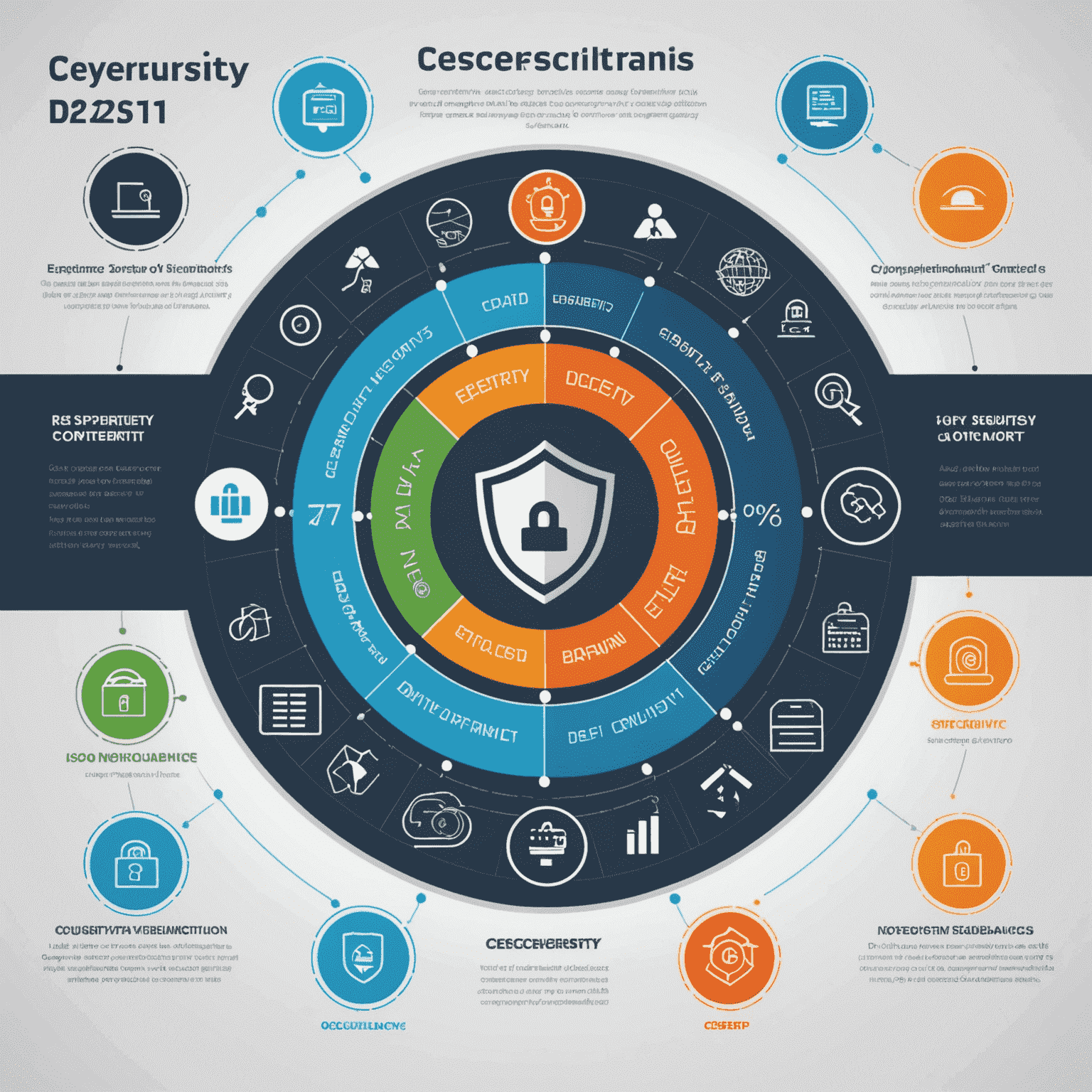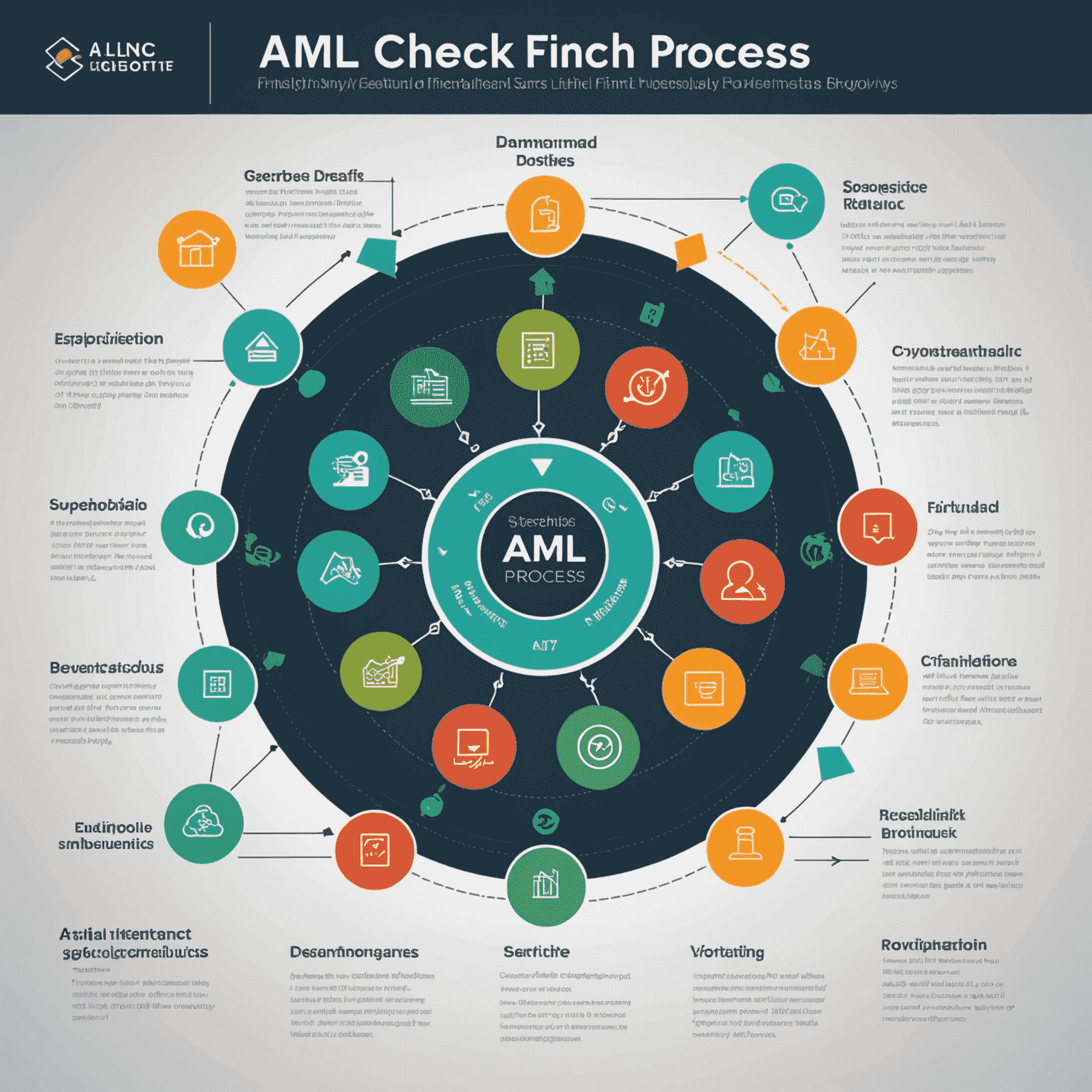Tech Ethics and Compliance
In the rapidly evolving world of technology, ethical considerations and compliance requirements have become increasingly crucial. As innovations push boundaries, it's essential to examine the moral implications and regulatory landscape surrounding these advancements.
The Ethical Dilemma in AI Development
Artificial Intelligence (AI) presents a unique set of ethical challenges. From bias in algorithms to privacy concerns, developers and companies must navigate complex moral terrain.

Data Privacy and Protection
With the increasing amount of personal data being collected and processed, ensuring privacy and compliance with regulations like GDPR has become paramount. Companies must implement robust data protection measures and transparent policies.
Cybersecurity Compliance
As cyber threats evolve, so do the compliance requirements for cybersecurity. Organizations must stay updated with the latest security standards and regulations to protect sensitive information and maintain trust.

Ethical Considerations in Emerging Technologies
From blockchain to quantum computing, emerging technologies bring new ethical questions. It's crucial to consider the societal impact and potential misuse of these innovations.
The Role of AML in Tech Ethics
Anti-Funds Laundering (AML) checks play a significant role in ensuring ethical practices in financial technology. As digital currencies and online transactions become more prevalent, robust AML processes are essential to prevent illicit activities and maintain the integrity of financial systems.

Balancing Innovation and Compliance
While compliance and ethical considerations are crucial, they shouldn't stifle innovation. The challenge lies in finding the right balance between pushing technological boundaries and adhering to ethical standards and regulatory requirements.
Conclusion
As technology continues to advance at an unprecedented pace, the importance of ethics and compliance in the tech industry cannot be overstated. By prioritizing these aspects, we can ensure that technological progress benefits society as a whole while minimizing potential harm.
Key Takeaways
- Ethical AI development is crucial
- Data privacy is a top priority
- Cybersecurity compliance is evolving
- Emerging tech brings new ethical questions
- AML checks are vital in fintech
- Balance innovation with compliance